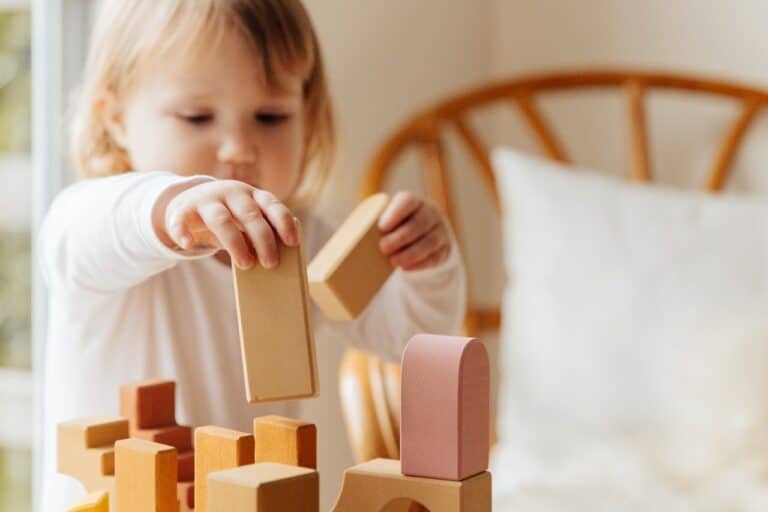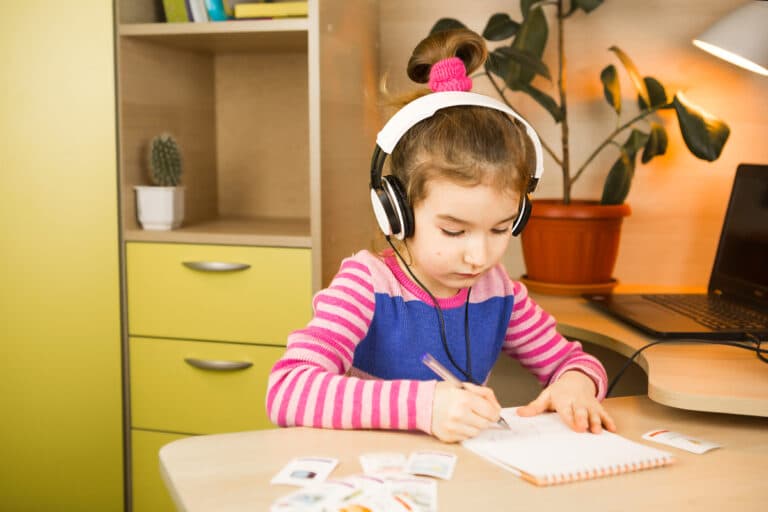Confidence is one of the most valuable life skills children can develop during their formative years. It shapes how they approach challenges, interact with others, and envision their potential. For school-aged kids, sports play a unique role in building this confidence—not just through physical achievements but also through the lessons of teamwork, resilience, and personal growth. Whether a child is kicking a soccer ball for the first time, diving into the pool to try out swimming, or learning how to focus in archery, sports offer a wide range of opportunities for children to discover what they are capable of. These early experiences not only strengthen their physical skills but also create lasting foundations of courage, determination, and belief in themselves.
In This Article
The Link Between Sports and Self-Belief
When children participate in sports, they’re introduced to an environment where effort, practice, and perseverance lead to progress. Whether it’s sinking their first basketball shot, running faster than they did last week, or successfully serving a tennis ball, every milestone reinforces the belief that “I can do this.” These small victories accumulate into a strong sense of self-belief that often extends beyond the sports field.
Unlike purely academic settings, sports provide immediate, tangible feedback. A child may not instantly see the results of studying a math concept, but they will feel the difference in their body when they can swim an extra lap or nail a gymnastics routine. Many families enroll their kids in swimming programs because these provide structured opportunities for children to set and reach goals, from mastering strokes to completing timed laps—clear examples of progress that boost self-esteem.
Confidence isn’t just about believing in oneself—it’s also about feeling secure in social interactions. Sports teams offer kids a structured environment to practice communication, cooperation, and leadership.
When children work with teammates toward a common goal, they learn to trust others and earn trust in return. For shy or introverted kids, this can be transformative. Suddenly, they’re part of a group that depends on their contribution, no matter how small. Cheering on a teammate or celebrating a group win strengthens their sense of belonging, which is key to social confidence.
Leadership opportunities in sports also help kids grow. Captaining a team or simply offering encouragement to peers teaches responsibility and empathy. These experiences prepare children to handle leadership roles in school and later in life with self-assurance.
Learning Through Setbacks
Confidence doesn’t mean never failing—it means knowing how to bounce back after failure. Sports are one of the safest environments for kids to experience setbacks and learn from them. A missed goal, a lost match, or a tumble during a routine are temporary disappointments that teach resilience.
Through supportive coaching and encouragement from peers, kids begin to understand that failure is not the end but a stepping stone. They learn to analyze mistakes, practice harder, and improve, which instills a growth mindset. This resilience strengthens confidence because children realize they can overcome difficulties rather than be defined by them.
The Role of Discipline and Routine
Confidence often comes from a sense of control over one’s life. Sports instill discipline through regular practice, training schedules, and the development of routines. Showing up consistently, even when they don’t feel like it, teaches kids that perseverance pays off.
This discipline translates into academic and personal areas as well. A child who has built the confidence to stick with their sports training is more likely to approach homework, projects, or personal challenges with the same determination. Over time, they see themselves as capable individuals who can handle responsibilities with confidence.
Physical Achievement and Body Confidence
Sports also play a major role in how kids view themselves physically. As children strengthen their bodies and master new physical skills, they naturally feel more comfortable and confident in their own skin. For school-aged kids, who are often navigating changes in their bodies, this sense of physical competence is invaluable.
From the pride of running their first race to the joy of hitting a home run, these physical accomplishments help kids embrace what their bodies can do rather than focus solely on how they look. Activities like archery classes, where kids can see their aim and focus improve over time, highlight the connection between practice and progress. This not only develops precision and patience but also enhances confidence in their unique strengths.
Sports as a Safe Space for Self-Expression
Many children find sports to be an outlet for self-expression. A child who might struggle to find their voice in a classroom can shine on the soccer field, in a dance studio, or on a skateboard. Sports allow kids to experiment with their abilities, try new roles, and express their personalities in a way that feels natural to them.
This freedom to express themselves builds confidence by affirming that their unique strengths have value. It shows kids that confidence isn’t about fitting into a mold—it’s about embracing and showcasing their individuality.
The Support System Behind Sports
Of course, confidence through sports doesn’t develop in isolation. Parents, coaches, and peers all play a role in shaping how kids view themselves. Positive reinforcement, constructive feedback, and a focus on effort rather than just outcomes ensure that children gain the right kind of confidence—one that is rooted in personal growth rather than perfectionism.
When adults emphasize progress, teamwork, and enjoyment over winning, kids internalize the message that they are capable and valued regardless of the scoreboard. This nurtures authentic confidence that sticks with them for life.
Beyond the Game: Lasting Impacts
The confidence kids build in sports extends far beyond the playing field. A child who learns to believe in their ability to run a race will also believe they can present in front of a class. A teen who overcomes setbacks in sports will feel more resilient when facing academic or social hurdles.
Sports prepare kids for life’s challenges by giving them repeated opportunities to test themselves, learn, and grow. This foundation of confidence is one of the greatest gifts parents and communities can give school-aged children.
Sports are more than games—they are powerful tools for shaping confident, capable young people. From teamwork and resilience to physical achievements and self-expression, sports provide experiences that help kids believe in themselves and their potential.
For school-aged children, every kick, throw, swing, or dive is more than just practice. It’s a step toward building lifelong confidence—a true game changer.











